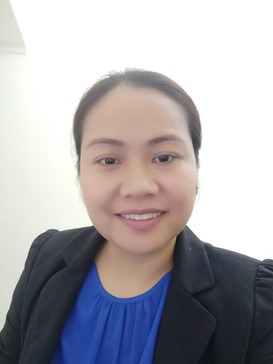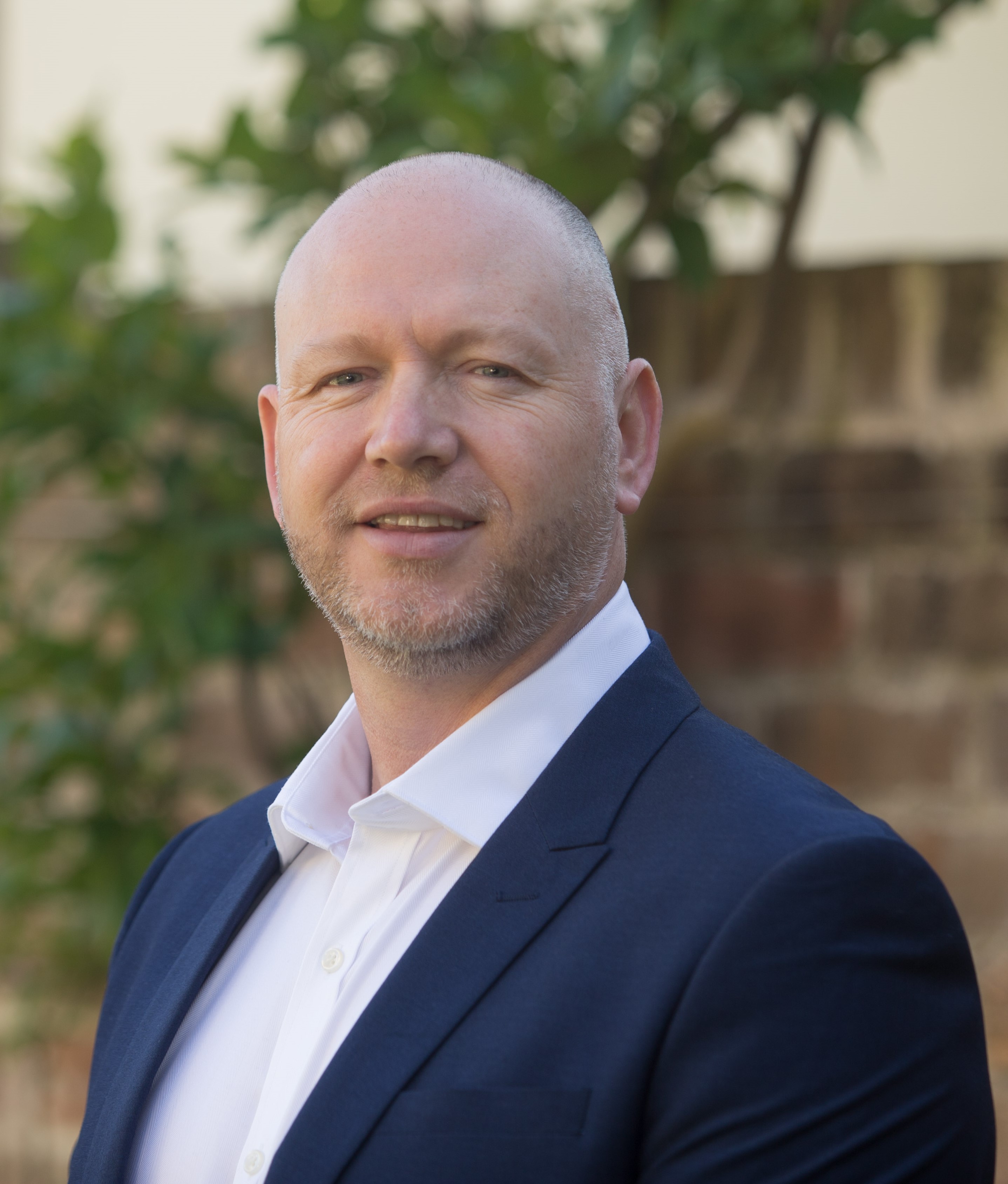Lioba Baltazar Robiso, IRMCert: Associate Manager, Risk Management & Quality Assurance, Former KPMG, Gulf LLC and now Government Organisation, Dubai
Lioba Baltazar Robiso, IRMCert
Associate Manager, Former KPMG, Gulf LLC and now Government Organisation, Dubai
Dubai Silicon Oasis Authority (DSOA)
How did you get your job?
I have been in KPMG Lower Gulf LLC (Internal Audit Risk & Compliances Services) -since 2010 as associate consultant promoted to consultant in 2012. During my tenure of service in KPMG, I have been involved in various engagements in financial and operational internal auditing, risk management implementation and risk assessments among other things.
When I became a first time mum in December 2012, I experienced having a hard time balancing my new role as a mother, my life and work commitments, hence I started looking for new opportunities in the government sector in early 2014. He Government sector in the United Arab Emirates (UAE) is known to have a shorter working day (7:30am to 230pm) and this is what suited me better with a young child to look after.
In December 2014, I moved to Dubai Silicon Oasis Authority (DSOA) as senior executive - risk management having been tasked to assist in the implementation of the risk management framework across DSOA.
In 2016, I completed my International Certificate in Enterprise Risk Management by IRM and in 2017, I completed module 3 and 4 of the IRM International Diploma. In the same year in 2017, I was promoted to Associate Manager - Risk Management.
What’s a typical day like as an Associate Manager of Risk Management & Quality Assurance?
My typical day would be as follows:
1. Weekly meeting with Department Head and the Risk Manager to update on the status of risk management implementation across DSOA. Furthermore, to highlight any key emerging risks that arise as a result of data gathering and various meetings with different stakeholders.
2. Meetings and coordination with risk owners to check and verify the implementation status of each risk treatments plans and complete the "Assessment of Implementation of Risk Treatment Plans Report". Work with them to develop or enhance risk treatment plans.
3. Coordination with risk champions of various departments to obtain the data required for me to calculate and complete the "Key Risk and Control Indicator (KRCI) Report". Work with risk owners to get Action Plans for each breach and periodically monitor to limit further KRCI breaches.
4. Meetings, workshops and coordination with risk owners and champions and key stakeholders to conduct scheduled risk assessments workshop and get updates on the risk registers.
5. Conduct risk trainings to risk champions and send knowledge / informative/ awareness emails to increase risk aware culture within DSOA.
What do you enjoy most about your job?
What I enjoyed most about my job is the coordination and communication with different stakeholders in the different management levels.
I also enjoy conducting a series of risk workshops and other training sessions. Furthermore, my job gives me the opportunity to apply the knowledge and learning outcomes of each of the IRM Risk Management modules in a workplace.
What are the challenges?
Data is manually obtained from various stakeholders. There is no risk information management system in place so we are using spreadsheets for risk registers and calculation of key risk and control indicators among other things.
In what way are your IRM qualifications relevant?
I wanted to gain an internationally recognized certification for risk management that adds value to the work i am doing. I completed the International Certificate of Risk Management by IRM in 2016 and am in the process of completing my Diploma. These qualifications are perfect and highly relevant to my role in the risk management department.
The course is distance learning and online which allows me to study and complete the course on my own time. The course provides the fundamental and application concepts in risk management. As a matter of fact, my company won the International Risk Management Award - Public Sector and I attribute the success of this to the application of my key learnings from module 1 to 4 of IRM Diploma.
What would you say to others thinking about joining IRM as a member?
I highly recommend any risk management professional to take IRM’s qualifications as a proof of competency. It is a worthwhile investment and one of the best and leading risk management qualifications in the world.
How has your role developed and what are your career ambitions? Has being linked to the IRM helped?
Yes, definitely. Because of the knowledge i learned regarding the fundamentals and implementation concepts of risk management, I was able to contribute to the improvement of risk management practice in my workplace and because of various positive outcomes, my effort was recognized and was promoted in 2017 as Associate Manager.
Top tips:
1. First, understand where your passion lies, if you what you enjoy is coordination with wide a variety of stakeholders in different levels, if you’re a kind of person always interested on looking what might go wrong and how to prevent it, then your definitely fit into risk management roles.
2. Invest time and complete the first two modules of the Certificate towards the Diploma. This will give you the designations IRMCert to use after your name and doors of opportunities related to risk management will surely open on your way.
3. Complete the IRM International Diploma. It is one of the best and leading international qualifications in risk management. It's worth an investment.





